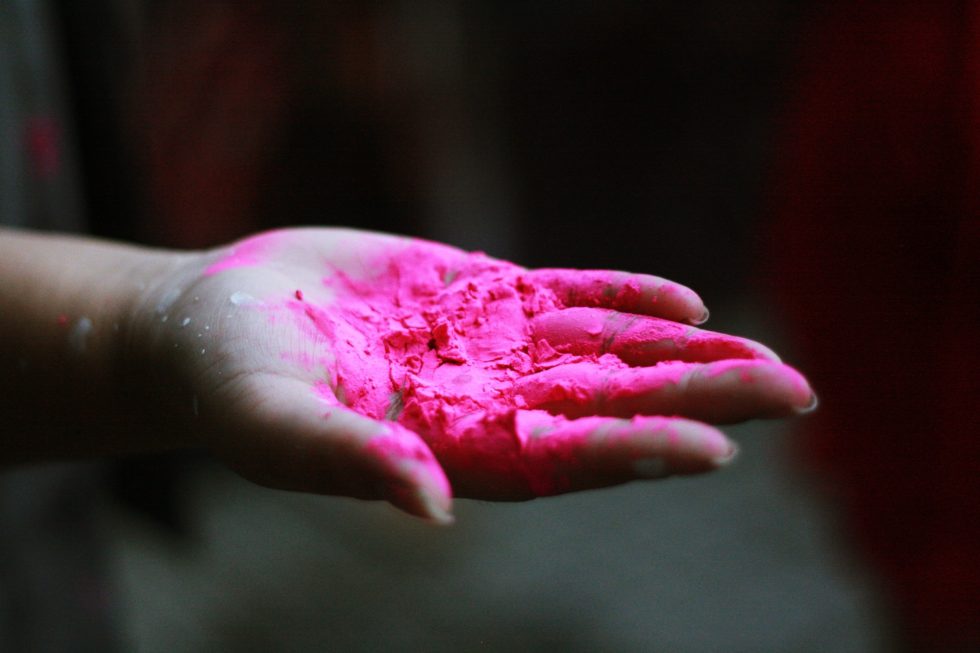
by Tara Joyce | Mar 4, 2022 | Pay What It's Worth Pricing
The ideology of profit-centred, protectionist capitalism fails as a worldview to guide us through the twenty-first century. Our current economic system is not sustainable.
We are in need of a more mindful capitalism. We are in need of a capitalism where we are responsible for the impact of our investments and the true costs of the things we acquire.
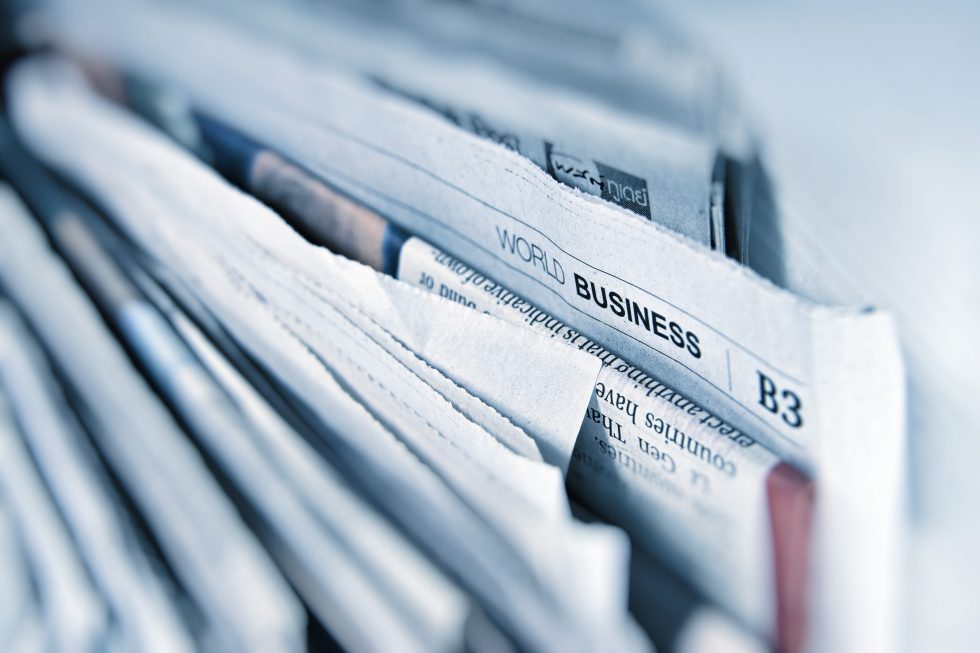
by Tara Joyce | Mar 2, 2022 | Pay What It's Worth Pricing
We stand at a time where we are collectively bearing witness to the abuses of power around us. What if our response to this abuse was to take action, by becoming architects of the new world? Through these actions, you have the power to shape a world where social empowerment is the priority in designing a just society.
Your acts of architecture in this new world are yours to define. If you see pricing and value as a place of reform, paying what it’s worth may be part of your new world portfolio. Paying what it’s worth is a socially empowered method of valuing goods and services. The buyer pays what they feel the product is worth, based upon the value they receive, and the seller receives a fair price for the value they provide. Through the simple act of creating a non-zero-sum scenario in your economic exchanges, you are creating collective social action in support of a sustainable, regenerative economy.
If you imagine a different kind of market society and a different way of valuing the world, understand you have the opportunity to create it. You have the power and ability to create your own economy and your own system for doing business. The type of economy and market you inhabit, as a customer and as a business, is yours to define and to choose. You have a choice in whom you do business with and how.
If we’d like for others to stop abusing their power, we first need to work on how we abuse ours. The current economic system is not working, and it supports us in abusing the value and costs of creation. It supports us in getting things cheap—at less than their worth—without an eye to the true costs of doing so. These true costs come in many forms, and their price is always paid, in one way or another. This universal truth is one we’ve been trying to outrun for too long.
The ultimate misuse of our power is in giving it away by not paying attention to the price tags of our actions, and their future implications. Isn’t it time we stop and take stock of all the costs we ignore? Of all that weighs us down?
Let’s architect together a new world where we pay attention to the price tags of our actions. For when we account for the cost of all our actions, economic and otherwise, we empower ourselves—and others—to do the same.
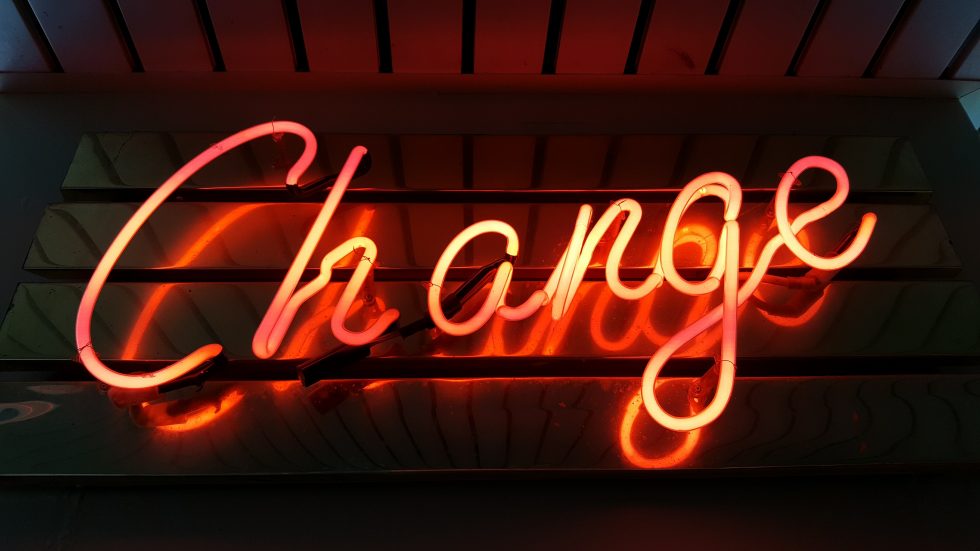
by Tara Joyce | Mar 1, 2022 | Pay What It's Worth Pricing
Since Dec 2020, new price tags can be found throughout Amsterdam that include the true and complete costs of the goods being produced and purchased. Amsterdam is becoming a “Doughnut City,” creating an economic reality where businesses and their customers are accountable to the true costs of goods and services being created and purchased.
Similar to the Pay What It’s Worth pricing system, Amsterdam’s approach and the “Doughnut Economics” they’re embracing are examples of people re-examining dated economic theories to help usher us into a more socially empowered 21st century.
Explore the principles behind “Doughnut Economics” more in this Time article: https://time.com/5930093/amsterdam-doughnut-economics
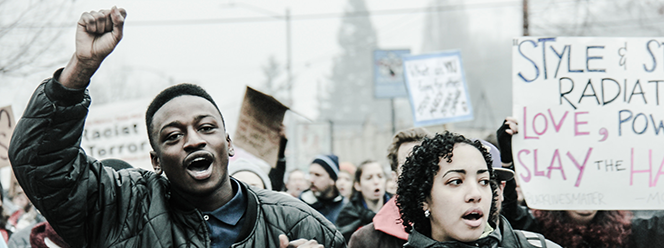
by Tara Joyce | Jan 31, 2017 | Cultural Creativity

It seems we are being challenged at this very moment to stand for what we know is true and right. Whether we are being called to empower ourselves as we face political bullies, companies that abuse their power, and/or other entities that prey on our natural weaknesses, this is a time of great transformation and opportunity. It is a time for us to stand and to use our voices.
In my own world, I’ve been challenged over and over in the past weeks by broken systems that attempt to dehumanize our experience in an attempt to streamline their own operations. I’ve been asked by bigger businesses than myself to not be an individual, and to instead accept a one-size-fits-all solution, policy, and/or way of doing things. None of these approaches work for me. I am not willing to fit in, to go along, nor to be quiet, so as to make another more comfortable, more at ease, and more lax in their work and way of being. I am an individual and I demand to be treated that way. When I see that I am not, I understand I have a choice to continue investing my time, energy, and money in that system/business/entity or to not to. I never have to stay quiet and take it.
A paradigm is rising across our planet, made up of people like you and me who stand for love, inclusion, and integrity, and who believe we have a responsibility to stand for our rights and for the rights of others. We are awakening and coming together in unexpected ways and in unprecedented numbers to use our voices and to wield our personal power to break down old, corrupt structures. There is still much work to be done, and as we continue to integrate and heal the deep pangs of division we all feel, I find solace in how we are united in our quest. It is a moment when the enormous bully or perpetrator says, “Yeah, I did it. So what are YOU going to do about it?”
This is our moment. This is our opportunity. I believe in your personal power and in mine. I believe this is the moment where our ability to stand tall for who and what we are, and represent it as best we know how is most crucial. Please take good care of yourself so you can stay strong and bring your best self. We will make the difference.
photo credit: Scott Lum
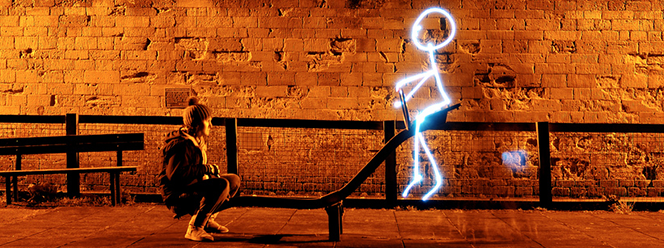
by Tara Joyce | Jun 10, 2016 | Cultural Creativity, Personal Branding

It’s an endless quest to be good enough in another person’s eyes. Not facing our own thoughts and feelings, we measure our self using the eyes of another. Unable to acknowledge it’s really our own perception of self that we use as the measure—not theirs.
It takes practice to feel good and whole as we are. Sometimes, rather than doing this, we buy clothes and things, chase and stockpile money, and do what we can to be “better” than others. In comparison, we find our worth.
Rather than question and/or remove ourselves from the mindsets and situations that exert and encourage this dance of superiority/inferiority, we can find ourselves feeding into it and trying to puff ourselves up in order to match it—and even beat it. In our armour of clothes, hair, beautiful things, and pomp we are elevated and protected.
A culture of buying into the need to feel superior (and invariably, inferior) to others. A collective experience encouraging us and teaching us all to feel so very insecure.
Repeatedly pushed and pulled to feel inferior and superior, internally and externally, this wild see-saw of emotion is crazy-making. In our totality, we are no better nor worse, yet we each have qualities that make us “better” than another. It’s focusing on these qualities that gets us caught on the see-saw. Feeling superior ultimately leads to feeling inferior. And vice versa. The pendulum keeps swinging, the see-saw rises and falls.
How do we know what is impressive to another? Thinking what impresses us is what impresses everyone leaves us in fantasy, believing everyone is like us. And they are not. Acknowledging our fantastical expectations, we are pulled by them less by them—and we’re less likely to push them on others, keeping ourselves on the see-saw.
We are neither as perfect nor as terrible as we imagine ourselves (and others) to be. Accepting this frees us from the push and pull to be “the best.” Equanimity actively dissolve the illusion surrounding us.
For our own happiness, we need to own the places where we compete and compare, where we feel inferior and superior to others. It’s so very okay that we ride the see-saw. It’s so very okay we measure our self against others. Owning this, we make the see-saw an easier ride for all of us. Now, the pendulum has less space to swing, and the ride becomes less wild. For the moment, in our truth, we are each good enough.
photo credit: Mike Leary







